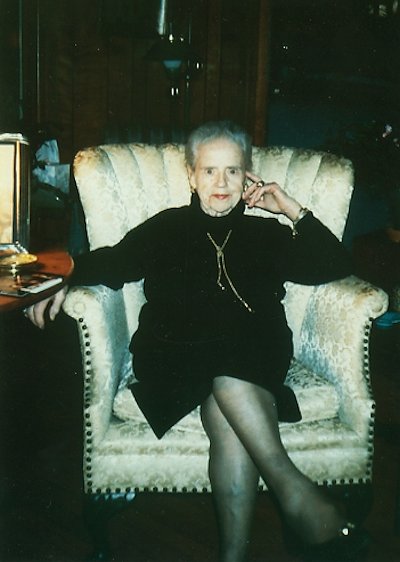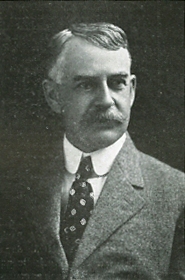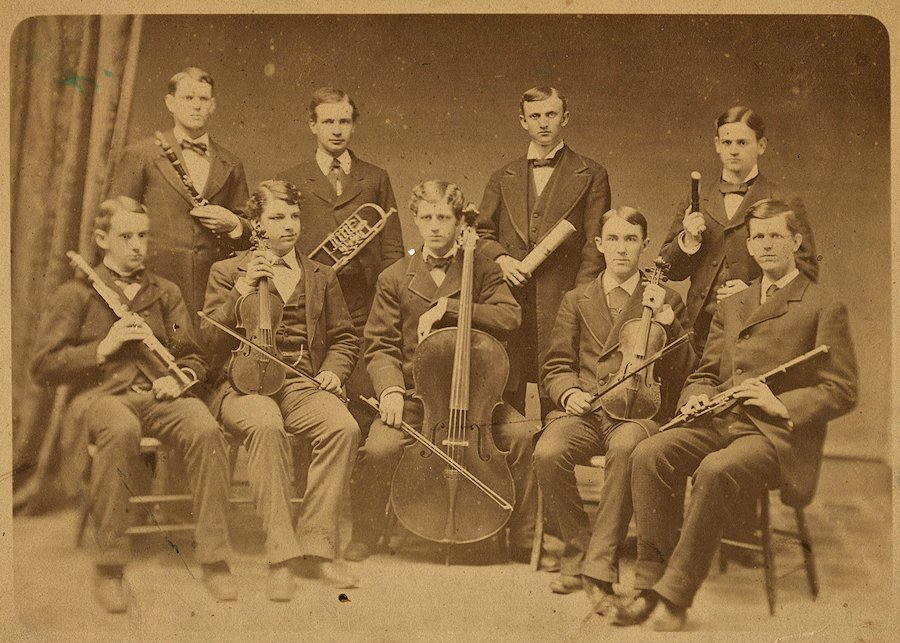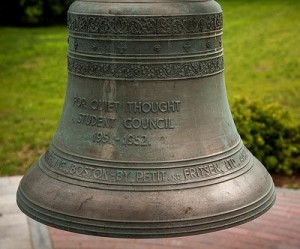Most recently Worthy Durgin headed community foundations in Greensboro and Cary, North Carolina. Now retired, he is “immersed in spiritual quest and writing.” A couple of years back, he sent Richard Gregory several perceptive vignettes of Williston life back in the sixties. Dick, who has contributed several memoirs of his own, shared Worthy’s words with the Archives. My thanks for Worth’s permission to publish this! — RT
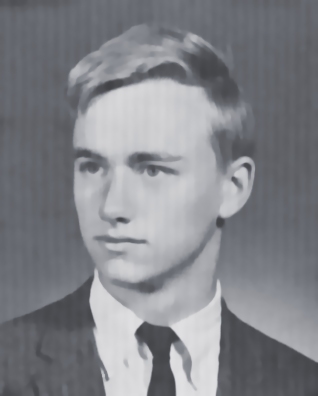
The old gym was an outgrown, but proud building. The basketball court was directly above the swimming pool. During wrestling matches, when our senior heavyweight wrestler, who was deaf, wrestled, all the students there would jump and stomp in cadence so that he could feel our support, since he could not hear our cheers. The void of the pool beneath the floor amplified the waves of exhortation. (The common effect of this cacaphony, coupled with the knowledge that if this strong guy could not hear the cheers, he likely could not hear a potential injury-saving whistle either, led to many an expression of relief on opposing wrestlers’ faces, once they had been pinned.) Often this was the deciding match in a meet. But we could never carry the big guy off the mat on our shoulders — he was huge, and flaunting victory was not his style.


